Tata gigafactory ‘not enough’ to save industry but ‘a good start’ – Institute of Mechanical Engineers
Tata’s decision to build a new electric car battery plant in Somerset has been welcomed by the Institute of Mechanical Engineers. The institute said the gigafactory represents a “good start” in the drive to revive an ailing UK automotive sector, but emphasised the need for additional investment in order to support growth and EVs as part of the country’s decarbonisation strategy.

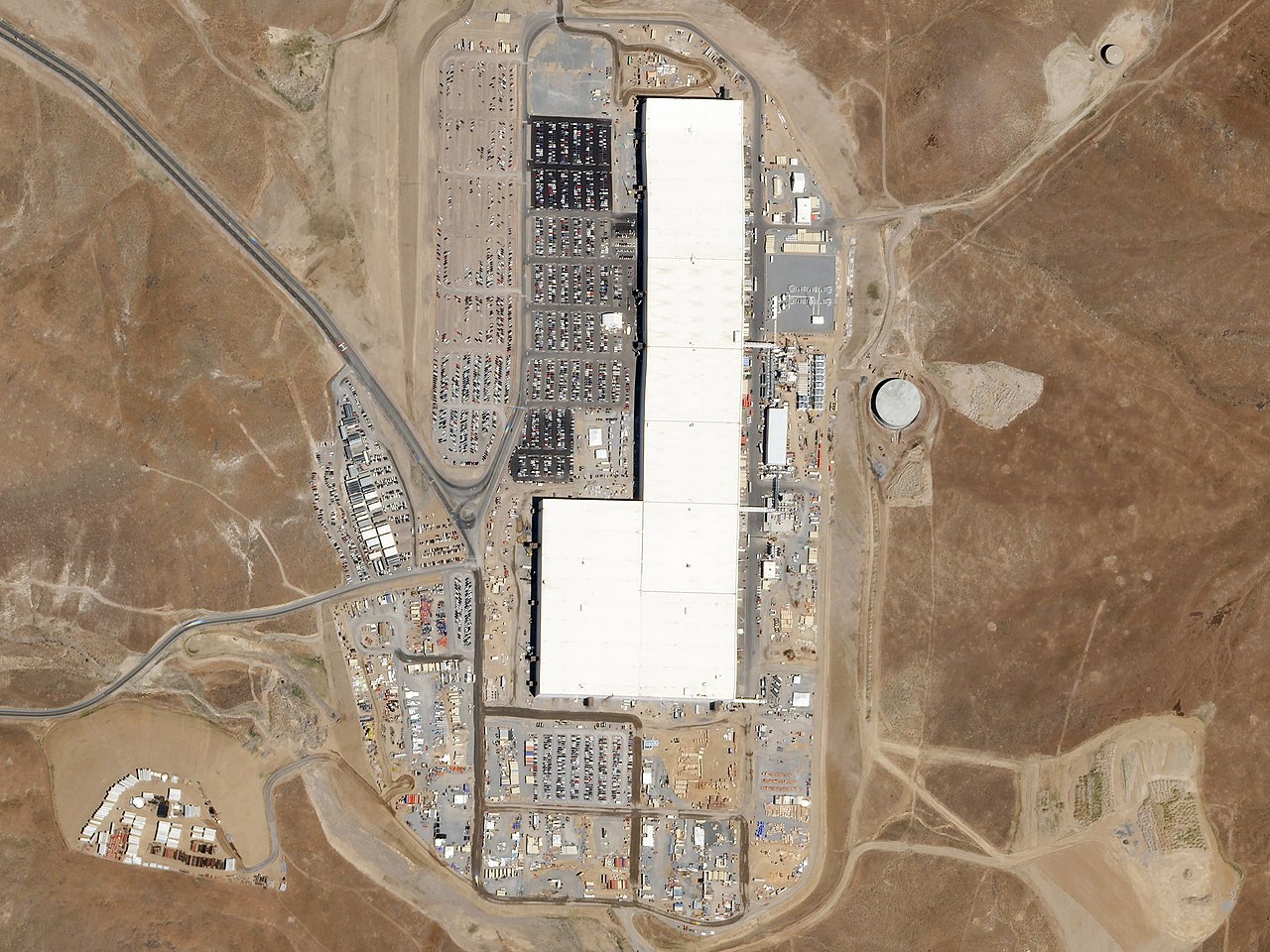 CC; Wikipedia
CC; Wikipedia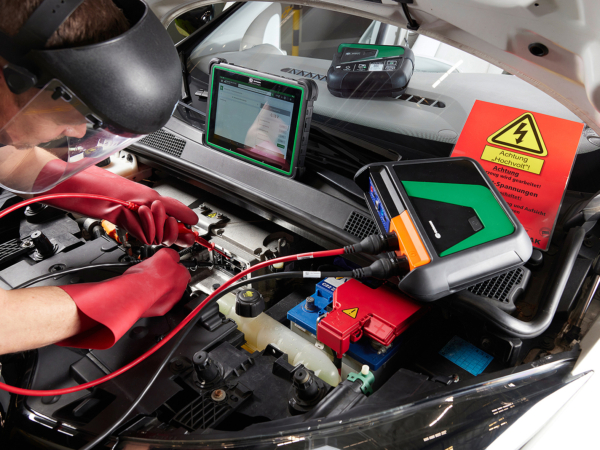 Hella
Hella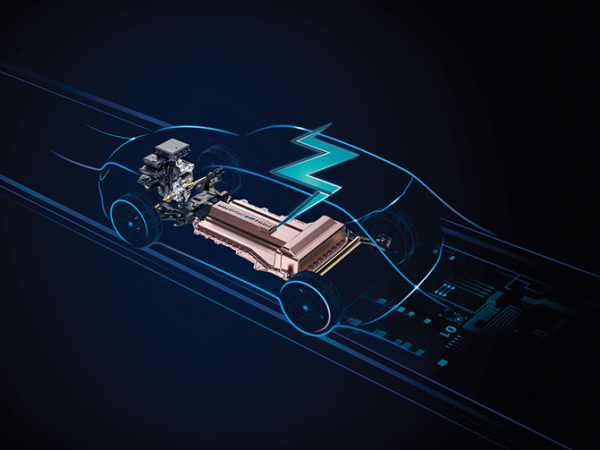


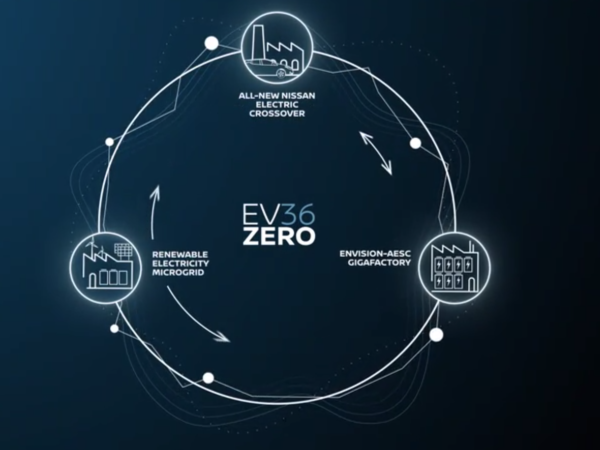 Nissan
Nissan InoBat
InoBat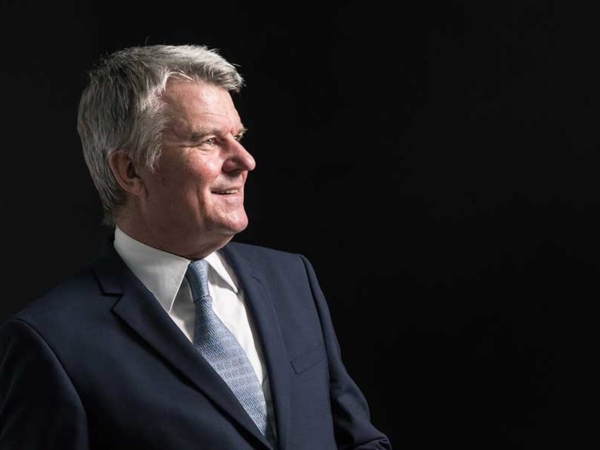 Britishvolt
Britishvolt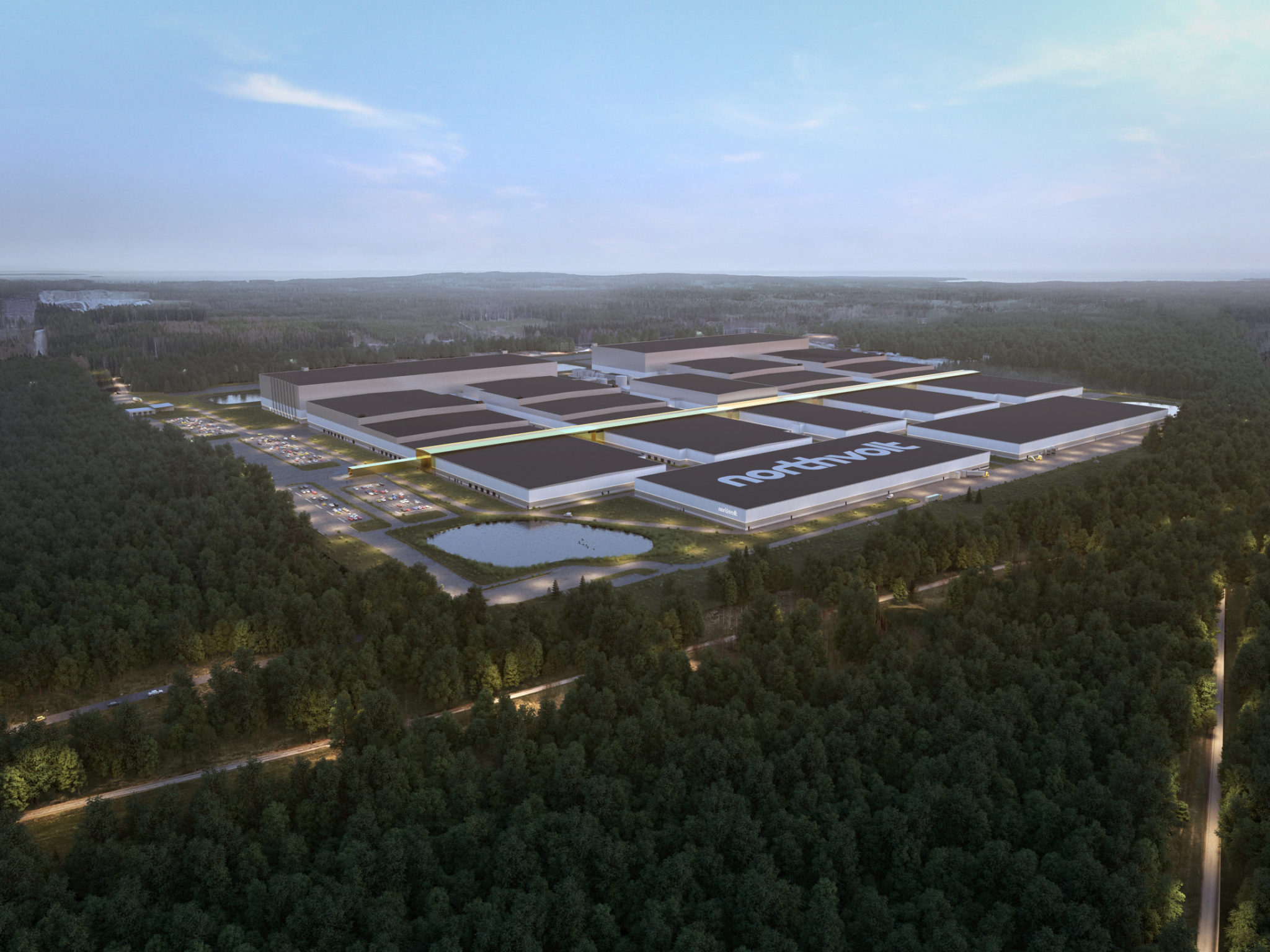 Northvolt
Northvolt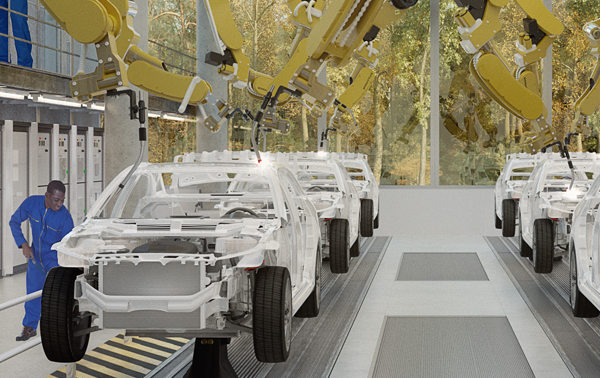 Gravity
Gravity
